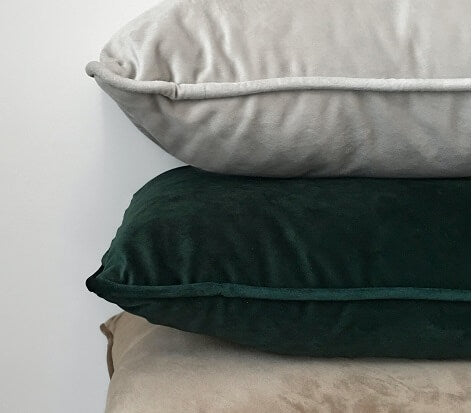Have you ever heard the saying "Sleep Tight"? If so, you may be wondering what does sleep tight mean. This phrase has a long history, and is still in use today as a way to wish someone good night. In this blog post, we will explore the origins and significance of the saying "Sleep Tight," as well as how to use it in everyday conversation.

Where did the saying originate?
The origins of the saying "sleep tight" are a bit mysterious and not entirely agreed upon. Some believe it has its roots in old English, where "tight" meant to secure something firmly in place. It's possible that in the past, beds were made with ropes that needed to be tightened to keep the mattress in place. Before going to bed, people might say "sleep tight" to each other, indicating that their bed was properly secured.
Another theory suggests that the phrase originated on sailing ships, where sailors would have to tighten the ropes that held the hammocks in place to ensure they wouldn't swing too much. Sailors would tell each other to "sleep tight" as a way of wishing each other a peaceful and secure night's rest.
Regardless of its origins, the phrase has been around for quite some time and has become a part of our language and culture. While the exact origins of the saying may be unknown, it has stood the test of time and continues to be used today.
What does it mean?
The saying "sleep tight" may seem simple enough, but what does it actually mean? The origin of the saying dates back to a time when beds were made with ropes woven across the bottom of the bed frame. These ropes were pulled tight before a mattress was placed on top, ensuring that the bed was firm and wouldn't sag during the night. So when someone said "sleep tight," they were wishing for a good night's rest on a properly made bed.
Over time, the meaning of "sleep tight" has evolved to encompass more than just a well-made bed. It has become a phrase used to wish someone a peaceful night's sleep, free from worries and troubles. It's a way of expressing care and concern for someone's well-being and encouraging them to rest well.
Despite the evolution of the phrase, the origins of "sleep tight" are still important to remember. It reminds us that a good night's sleep starts with a comfortable and supportive bed. Taking the time to ensure your bed is properly made and your sleeping environment is conducive to rest can have a significant impact on the quality of your sleep.
So next time you hear someone say "sleep tight," remember the roots of the saying and take a moment to consider the importance of a good night's rest. And if you want to wish someone well before they go to bed, you can always say "sweet dreams" or "rest easy" instead.

Is it still relevant today?
While the origins of the saying may be rooted in an outdated practice, the sentiment behind it remains as relevant today as ever before. Sleep is crucial to our physical and mental well-being, and getting a good night's rest can often be a challenge in today's busy and technology-filled world. By invoking the phrase "sleep tight," we are reminded of the importance of creating a calm and peaceful environment in our bedrooms. Whether it means making sure the sheets are neatly tucked in, or simply taking a few deep breaths before we turn out the lights, this saying can serve as a helpful reminder to prioritize our sleep. So next time you're struggling to get some shut-eye, take a deep breath, remember the saying "sleep tight," and take the steps necessary to ensure a peaceful and restful night's sleep. Your body and mind will thank you in the morning!
How can I incorporate it into my life?
While the origins of the saying "sleep tight" may be unclear, the sentiment behind it remains relevant today. It's a reminder to rest well and comfortably, ensuring you wake up feeling refreshed and ready for the day ahead. Here are a few ways to incorporate this sentiment into your life:
- Invest in quality bedding: A comfortable mattress and high-quality sheets and pillows can go a long way in ensuring you sleep well at night. Choose fabrics and materials that feel soft and breathable against your skin.
- Create a relaxing bedtime routine: A calming routine before bed can help signal to your body that it's time to unwind and sleep. This could include taking a warm bath, reading a book, or listening to soothing music.
- Set a sleep schedule: Going to bed and waking up at the same time each day can help regulate your body's sleep-wake cycle. This can lead to more restful sleep and better overall health.
- Eliminate distractions: Try to create a sleep environment that is quiet, dark, and free of distractions. This might mean investing in blackout curtains, turning off electronics, or using a white noise machine to drown out any outside noise.
Incorporating the sentiment behind "sleep tight" into your life can have a positive impact on your overall health and well-being. By prioritizing rest and relaxation, you'll wake up feeling refreshed and ready to take on the day.






